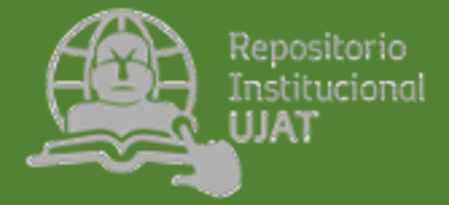Elder adult´s lifestyle according to socioeconomic status, occupation and neighborhood
DOI:
https://doi.org/10.19136/hs.a21n3.4478Abstract
Objective: To learn if elder adults lifestyle is determined by socioeconomic status, occupation, and neighborhood.
Materials and methods: The design was cross sectional, correlational and a convenience non probabilistic sampling through digital social networks of known groups was used. One hundred and one older adults were contacted through e-mail, WhatsApp or by known groups (friends, classmates, professors). Data were collected through the QuestionPro digital tool. Lifestyle was measure using the following subscales: physical activity, nutrition, toxicity (tobacco), alcohol, sleep, stress and health control of the FANTASTIC instrument. Neighborhood’s walkability was measured by short version of the Neighborhood Environment Walkability Survey, the AMAI index was used to determine the socioeconomic status, and the type of past or present occupation, activities performed and number of people under their command. Descriptive statistics, Cronbach’s Alpha, Kolmogorov Smirnov test with Lilliefors correction, and nonparametric statistics were used.
Results: As socioeconomic status went up medians of neighborhood walkability increased (p < 0.001). The linear multiple regression model was significant (p < 0.001); socioeconomic status (p = 0.006), and neighborhood (p = 0.005), explained 28% of the lifestyle variance.
Conclusions. The study allowed some theoretical confirmation, in that social status, and life opportunities like environment, play an important role on lifestyle choices, in this study represented by socioeconomic status and neighborhood’s walkability of elder adults. But results evidence social inequalities of opportunities to keep a healthy lifestyle by elder adults and at the same time it is a challenge for health professionals.
Downloads
Published
Issue
Section
License
Copyright (c) 2022 Horizonte Sanitario

This work is licensed under a Creative Commons Attribution-NonCommercial-ShareAlike 4.0 International License.



































